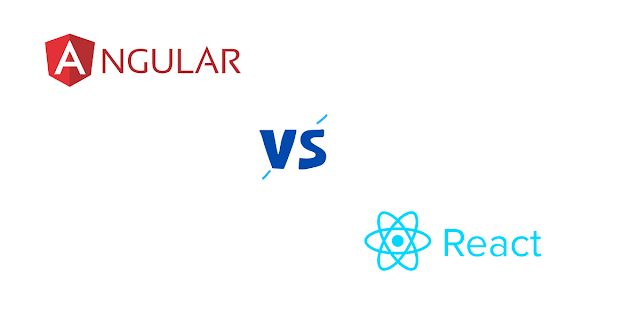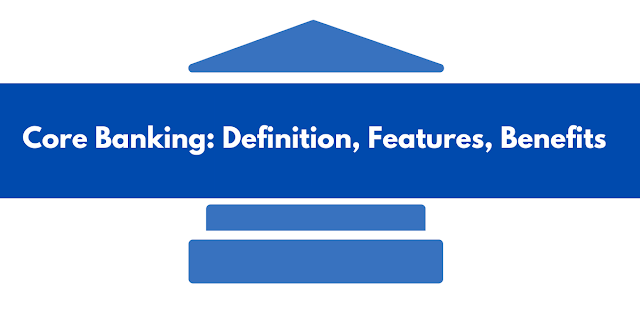ReactJS Vs Angular : Learn The Differences
Technology, frameworks, and web development tools are proliferating at a rapid pace.
There are numerous options for front-end development frameworks and libraries in JavaScript, including VueJS, TezJS, and Svelte. Yet, many developers continue to consider Angular and React the best front-end development frameworks, therefore they remain at the top of the list.
We shall examine which framework is preferable in various scenarios in this essay. So, Angular or React—which should you pick? Let's explore.
What is ReactJs?
User interfaces can be constructed using reusable UI components with the help of the React library, which is a front-end JavaScript toolkit. Server-side rendering is at the heart of React's ability to be both adaptable and fast. It paves the way for sophisticated UI and UX design by programmers.
Because of its support for the "Learn Once, Write Everywhere" philosophy, React is the go-to choice for developers looking to create robust and extensible apps. React may be utilized with both JavaScript and JSX. You can hire ReactJs developers for building highly advanced UI/UX websites.
What is Angular?
To put it simply, the Angular team at Google created and maintains the Angular framework, which is a free and publicly available front-end framework written in JavaScript. When it comes to creating highly functional and scalable mobile and web apps with HTML, CSS, and TypeScript, Angular is by far the most widely used client-side framework. Angular 13, the most recent release, provides solutions for creating web apps that are suitable for use in large organizations.
It's important to note that Angular development is not an update to AngularJS (Angular 1.0), which came out in 2010. Using the MVC (Model View Controller) methodology, Angular breaks down complex tasks into manageable chunks and reduces the time it takes to load a website.
Difference Between Angular and ReactJs
How can I know if Angular or React is the better option? The Angular vs. React debate has been widely discussed. Here, we'll compare and contrast Angular JS with React JS to help you decide which is best for your next development endeavor.
Both AngularJS and ReactJS are freely available to the public; AngularJS is a Google initiative and ReactJS is a Facebook project.
Whereas React JS is written in JavaScript, Angular JS is a TypeScript web application framework.
Comparing React JS with Angular, we can say that the former is a JS library written in JSX while the latter is a JS framework written in TypeScript.
Whereas Angular.js is utilized to construct advanced business applications like progressive web apps and single-page apps, React.js is primarily employed for building interactive UI components with data that is subject to frequent change.
When comparing Angular JS vs React JS, it's important to note that the former is used to create HTML and TypeScript-based single-page applications. Interfaces for single-page applications can be built with React JS's help by combining pre-existing modules.
The real distinction between Angular and React is in their respective learning curves, with Angular having a steeper one and React having a more gradual one.
The MEAN stack includes Angular, which is widely supported by a wide variety of IDEs. In addition, it is taken into account when creating dynamic web applications and websites. Instead, React is commonly utilized in front-end development since it allows developers to create HTML elements that may be reused.
Conclusion
React's many benefits and powerful solutions speed up development and eradicate errors.
Hence, when deciding between React and Angular as a front-end framework, you should take into account your specific needs, the scope of your project, and the features you intend to implement. Without a doubt, we are the company to contact if you need expert assistance in JavaScript programming.



Comments
Post a Comment